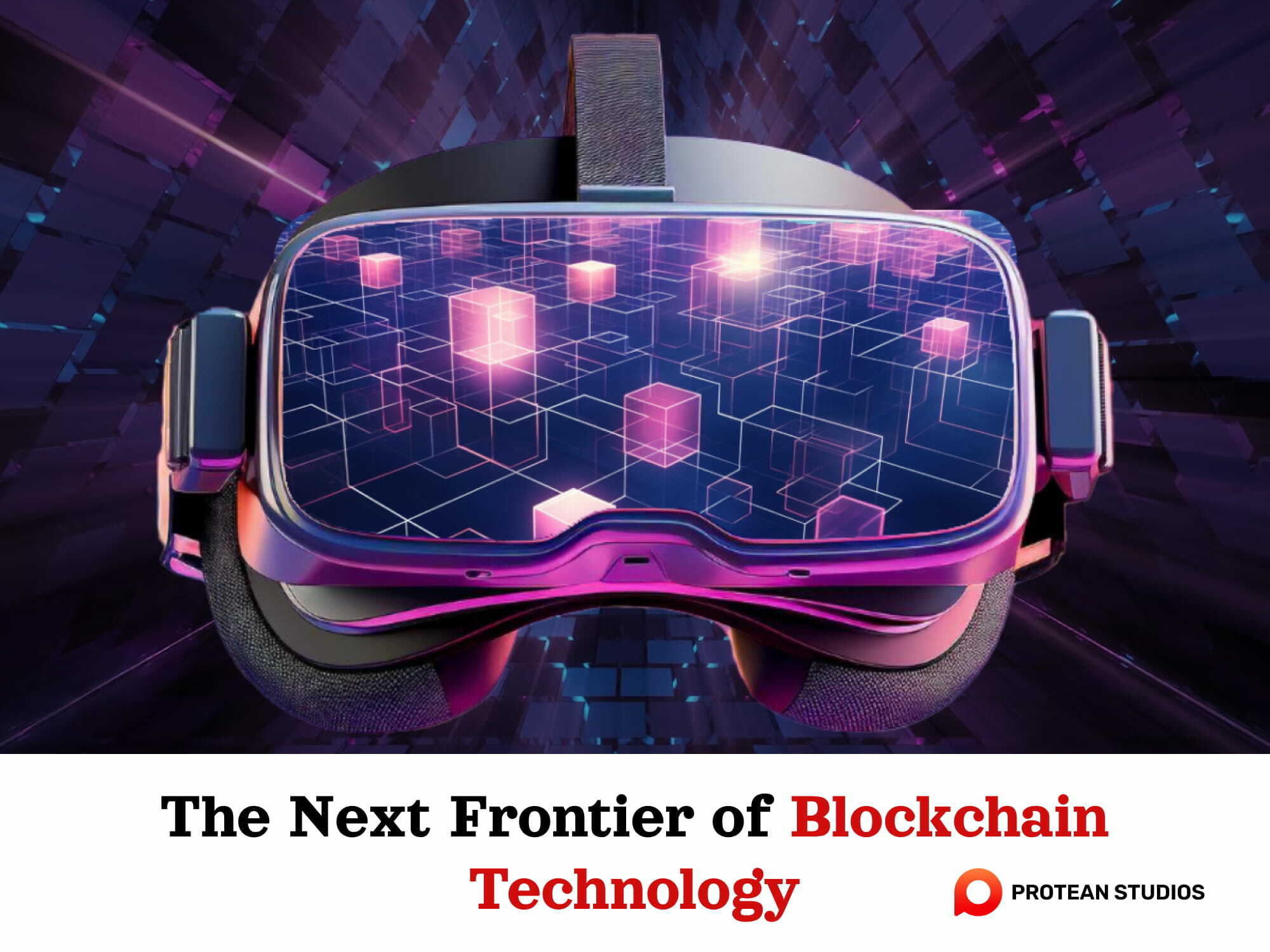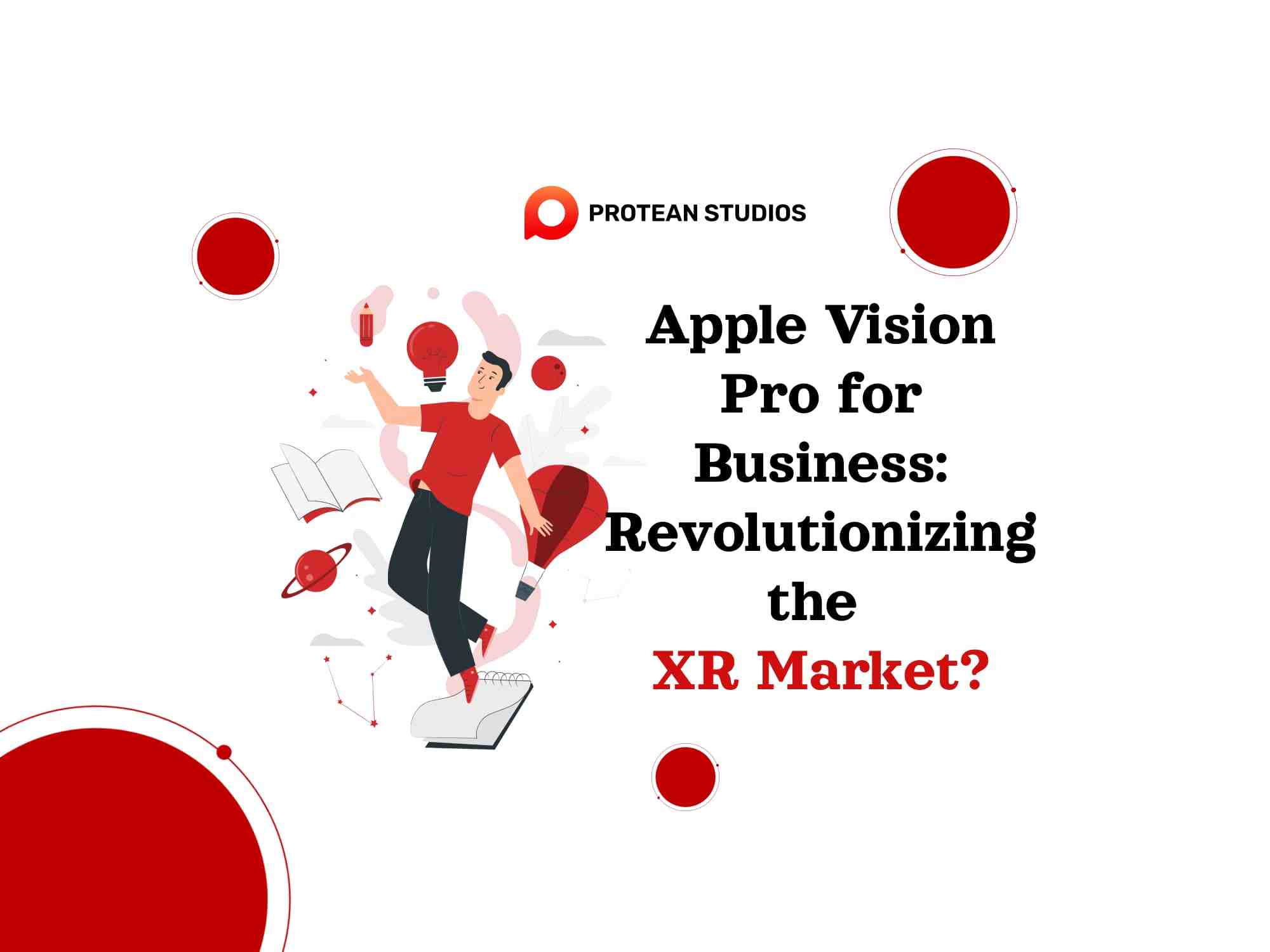When delving into the exploration of marketing trends, there are many changes, but this year is different. Every burgeoning marketing trend is linked to one theme: artificial intelligence (AI). If applied to marketing automation, AI unlocks a new level of personalization, efficiency, and customer understanding.
This report explores the emerging trends and strategies shaping the future of AI in marketing automation. Then, guide you to harness its power and craft winning marketing campaigns.
The emergence of AI in marketing automation
The year 2023 emerged as a landmark period for generative artificial intelligence. Because of the mass embrace of ChatGPT and the buzz it generated.
“A study released in August by McKinsey and Company revealed that a significant one-third of those surveyed were integrating generative AI into at least one aspect of their business operations, with 40% of companies planning to boost their investment in light of generative AI's advancements.”
The integration of AI into marketing automation platforms has enabled businesses to analyze vast datasets with machine learning algorithms. Then, identify patterns and predict customer behavior with remarkable accuracy. This evolution in marketing technology allows for real-time decision-making and the automation of tasks. For example, segmenting audiences, personalizing content, and managing campaigns.
Learn more: What Is Marketing Automation?
Key trends in AI for marketing automation
The marketing landscape is undergoing a revolution driven by artificial intelligence (AI). AI-powered marketing automation is transforming how businesses connect with customers. It offers unprecedented levels of personalization, efficiency, and customer understanding.
#1 AI-Driven Personalization
AI-powered marketing automation platforms (MAPs) play a crucial role in simplifying the process of capturing leads and nurturing them until they're ready for sales. They take advantage of various channels like email, social media, webpages, and display ads. What sets these platforms apart is their ability to direct customers and prospects to personalized landing pages, providing tailored experiences to guide them through the purchasing journey.
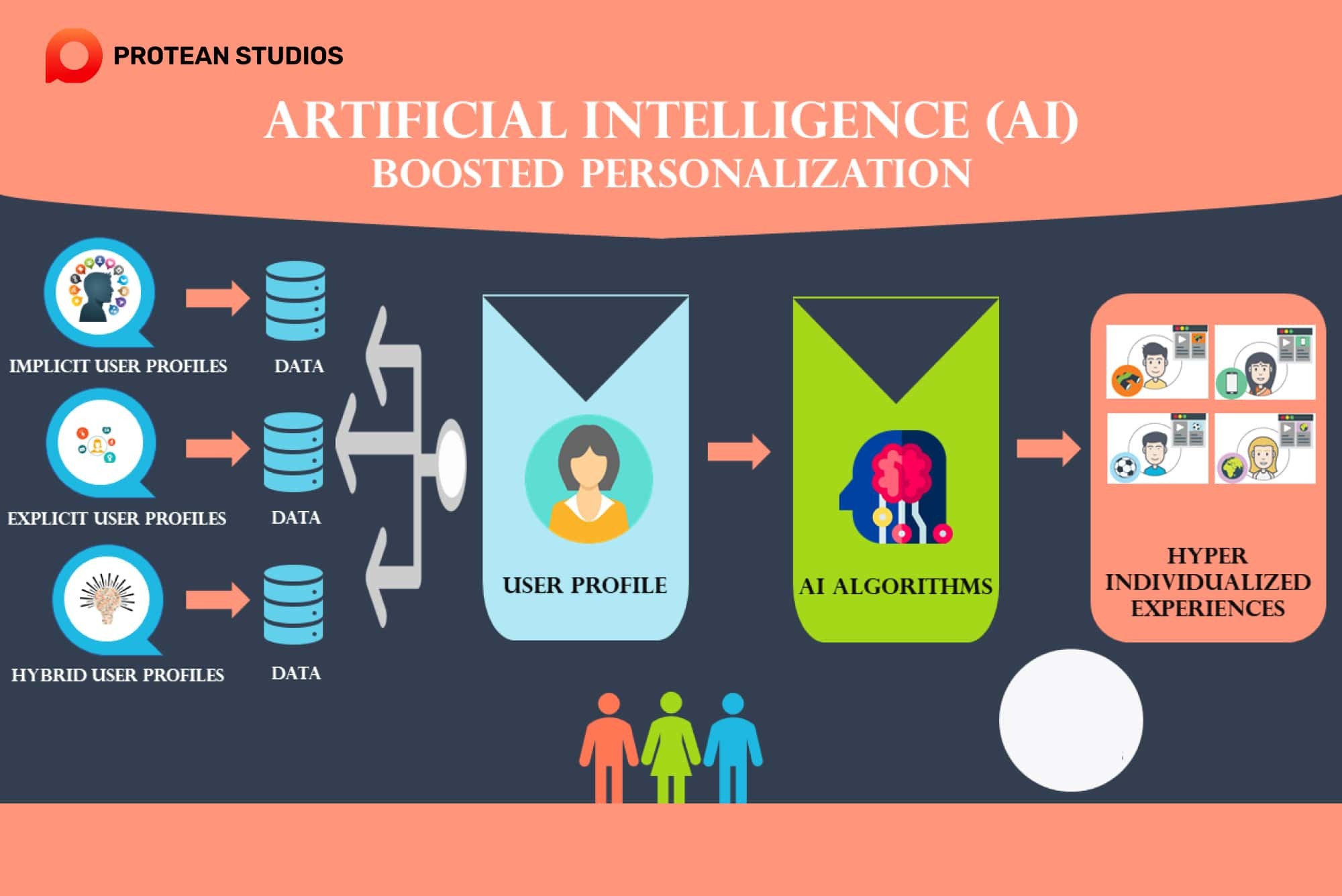
Integration is a key feature of these platforms. They link with customer relationship management (CRM) systems and customer data platforms (CDPs), collecting a growing amount of data. This data is vital, as it drives insights and further personalization. AI and machine learning play a significant role in this, powering essential functions like segmentation, content creation, and campaign optimization.
Crucial to Business Strategies
Marketing automation is important to the business strategies of both B2B and B2C companies, especially in the e-commerce sector. These platforms offer a wide range of features, such as automating repetitive tasks and workflows.
For instance, instead of sending emails to each lead, a MAP can send personalized emails based on predefined triggers, rules, and insights from AI analysis. This automation not only saves time but also ensures that the most relevant message reaches the right person.
#2: Machine learning
Machine learning (ML) is a core component of AI, enabling it to learn and improve over time. In marketing automation, ML powers features like:
Predictive modeling: expect customer needs and preferences before they even arise. This can lead to proactive marketing campaigns that trigger based on specific browsing behaviors or predict future purchases.
Dynamic content optimization: ML algorithms analyze customer data to determine which content resonates best, optimizing website layouts, email subject lines, and ad copy for engagement.
Customer churn prediction: identify customers at risk of leaving and make targeted campaigns to win them back.
#3: The Personalization Imperative
The push for personalization is not a trend; it's an imperative. Consumers expect brands to understand their individual needs and preferences. AI amplifies this by enabling hyperpersonalization at scale.
Heightened Buyer Expectations
A large majority of respondents, including both consumers and business buyers, have specific expectations from companies. According to the 5th edition of the Salesforce State of the Connected Customer report:
73% expect companies to "understand my unique needs and expectations."
62% expect companies to predict their needs.
56 percent believe offers should always be personalized.
These statistics (refer to Figure 3) underscore a significant change in buyer attitudes, stressing the importance for businesses to embrace a more customized approach in their marketing endeavors.
Thus, services here focus on integrating customer data platforms (CDPs) with AI to create a 360-degree view of the customer. Thus, it allows for personalized marketing campaigns.
#4: Using NLP for conversational AI
Natural Language Processing (NLP) allows machines to understand and interpret human language. This technology powers conversational AI, enabling chatbots and virtual assistants to provide human-like interactions. Now, most companies use AI to provide their services. It includes AI chatbot platforms for customer service, voice-enabled search optimization tools, and sentiment analysis for understanding customer feedback.
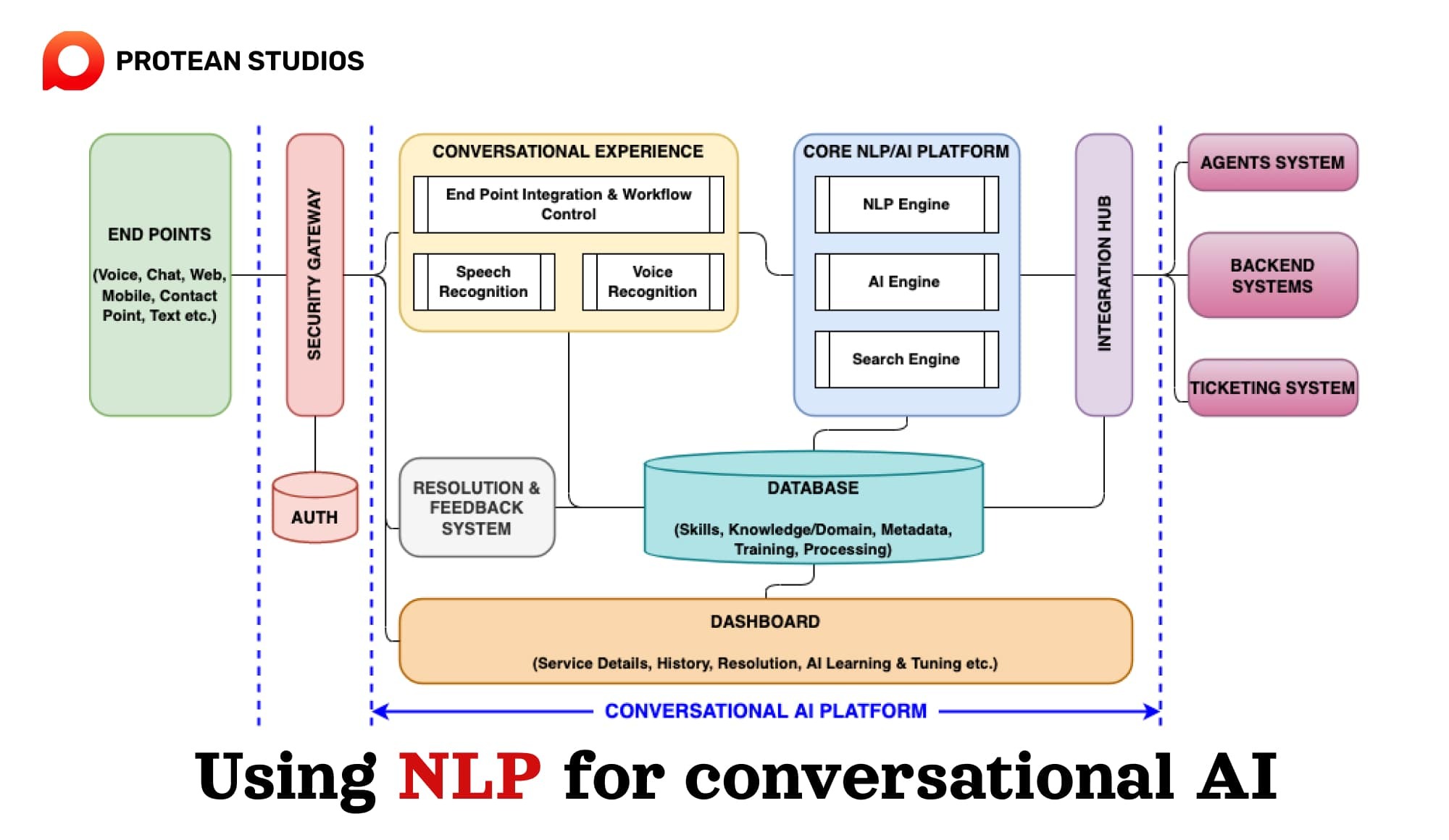
#5: Increase of AI-powered voice assistants
Voice assistants like Alexa and Google Assistant are becoming integral to marketing strategies. They offer a hands-free, conversational interface and are reshaping how consumers interact with brands. Services in this area include voice search optimization, voice-enabled shopping experiences, and personalized voice notifications for customer engagement.
Voice search optimization: Optimize your website content and product descriptions for voice search queries, ensuring your brand is discoverable when customers use voice assistants, increasing brand awareness, and driving traffic.
Personalized voice recommendations: Leverage voice assistants to deliver personalized product recommendations based on past purchases and browsing behavior, leading to more relevant interactions and higher conversion rates.
Seamless voice interactions: Integrate voice assistants with your marketing automation platform to create a seamless customer journey where voice interactions trigger automated actions or targeted marketing messages, such as adding items to carts or scheduling appointments, improving customer convenience and satisfaction.
The replacement wave for marketing automation platforms (MAPs)
The landscape of marketing automation platforms (MAPs) has been evolving, and businesses are exploring alternatives beyond the traditional big players. The big players in this shift are Hotspot, Marketo, Act-On, etc.
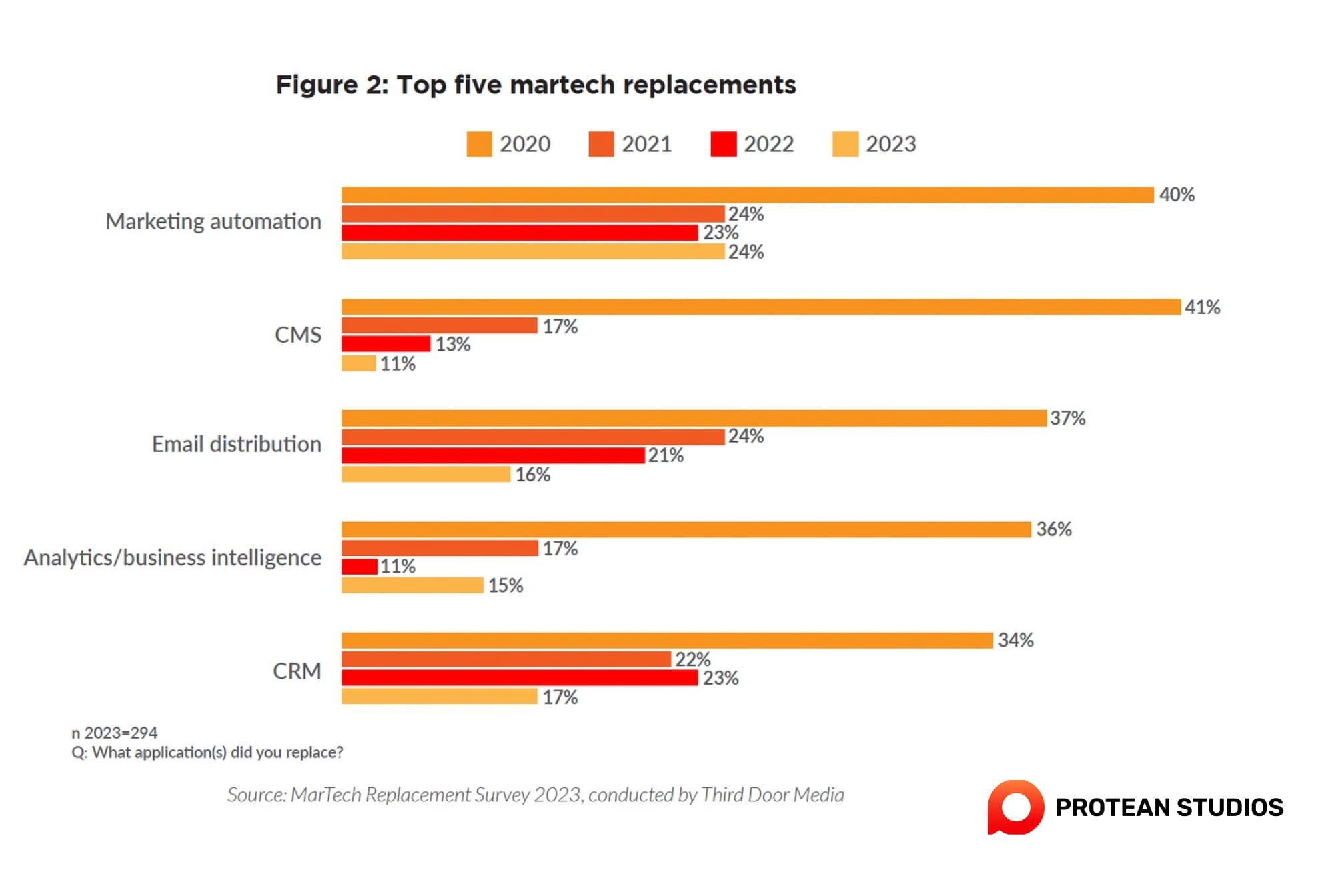
Several established MAPs have dominated the market:
HubSpot: Known for its comprehensive features, HubSpot comes with a first-year cost of $44,400 and an annual cost of $38,4001.
Marketo: With a first-year cost of $33,300 and an annual cost of $28,800, Marketo offers robust capabilities.
Act-On: Priced at $26,000 for the first year and $24,000 for the second, Act-On focuses on automation.
Pardot: Salesforce’s Pardot comes with a first-year cost of $27,000 and an annual cost of $24,000.
Infusionsoft: A more budget-friendly option, Infusionsoft costs $10,187 for the first year and $7,188 for the second.
Wrap up the trend of AI-driven marketing automation.
The marketing automation landscape is developing constantly. While a complete replacement of traditional MAPs might not be imminent, businesses should be aware of emerging trends and consider their current solutions. The goal is to ensure they can take advantage of the power of AI and data for a customer-centric marketing approach.



